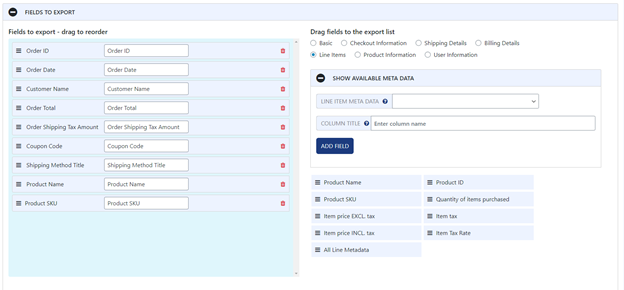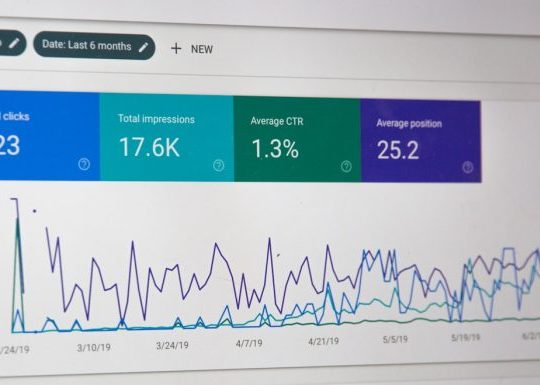When it comes to creating a successful online store, entrepreneurs often face a common dilemma: choosing between a WooCommerce-powered store and building an Amazon affiliate store. Each platform has its own strengths, challenges, and audience appeal. But which one converts more effectively? The answer depends heavily on your business model, marketing strategies, and target niche.
Understanding WooCommerce
All Heading
WooCommerce is an open-source plugin for WordPress that enables users to create fully functional eCommerce stores. With WooCommerce, sellers have complete control over everything from store design to pricing strategy and customer experience. This flexibility allows for great levels of brand customization and ownership.
WooCommerce is ideal for those who:
- Sell their own physical or digital products
- Want complete control over their website, payments, and customer data
- Have a long-term vision for brand building

One of WooCommerce’s greatest conversions advantages lies in its ability to offer a direct buying experience. Because you own the user journey from discovery to checkout, you can optimize funnels, implement upsells, use analytics tools, run abandoned cart emails, and more.
Understanding Amazon Affiliate Stores
Amazon affiliate marketing is a popular choice for beginners and content creators looking to earn passive income. Instead of managing physical inventory or setting up logistics, affiliate site owners simply embed product links that redirect to Amazon. When visitors purchase through those links, the affiliate earns a commission.
Amazon affiliate stores are best suited for:
- Bloggers, review websites, or niche content creators
- Those who want to avoid the hassles of inventory and fulfillment
- Entrepreneurs starting out with limited investment
The biggest strength here is the trust factor. Amazon’s reliability, fast shipping, and user familiarity can result in relatively high click-through and conversion rates. However, you have minimal influence over pricing or product presentation once the user clicks away to Amazon.

Conversion Rate Comparison
Conversion rates can vary greatly depending on the niche, traffic source, and site structure. However, there are some notable trends:
- WooCommerce sites can achieve higher margins since they don’t rely on commissions and allow for personalization and upselling. Conversion rates here typically range from 1% to 4%, though deeply optimized stores can perform much better.
- Amazon affiliate stores tend to see conversion rates of 5% to 10%, mostly because of Amazon’s authority and buyer trust. However, affiliate commissions are shrinking, with many categories offering less than 3% per sale.
So while Amazon may deliver more clicks and quicker conversions, WooCommerce offers the potential for higher profits per sale and greater business scalability.
Which Model Converts Better?
To determine which model converts more effectively, it is important to ask: what is more valuable in the long run – a quick affiliate commission or a robust standalone brand with higher profit margins?
WooCommerce is better for long-term growth, higher control, and strategic marketing. If business owners are skilled at driving traffic and nurturing leads, WooCommerce stores typically deliver more value per customer.
On the other hand, Amazon affiliate stores are unbeatable in speed and simplicity. For those more interested in content creation and SEO-driven revenue over business building, Amazon’s affiliate model can produce immediate returns.

Conclusion
Both WooCommerce and Amazon affiliate models offer legitimate paths to revenue, but their conversions rely on very different variables. Choosing the better one depends largely on a user’s objectives, resources, and skill set. For maximum impact, some entrepreneurs even combine both approaches, using affiliate links alongside products they sell themselves.
Frequently Asked Questions
- Q: Can I use WooCommerce and Amazon affiliate links together?
A: Yes, you can. Many WooCommerce users integrate affiliate links into their blog or product comparison sections while selling their own items alongside. - Q: Which is easier to set up – WooCommerce or Amazon affiliate store?
A: Amazon affiliate stores are quicker to set up as they don’t involve payment systems, product inventories, or shipping processes. - Q: Which platform provides more control over design and features?
A: WooCommerce offers more control, as it runs on WordPress and supports a wide array of themes and plugins. - Q: What about scalability and long-term growth?
A: WooCommerce is more scalable and better suited for building a brand that users recognize and trust over time. - Q: Do affiliate stores also need marketing effort?
A: Absolutely. Even though you’re not managing products, you’ll still need SEO, content marketing, and traffic generation strategies to succeed.










![How to Watch TikTok Without the App [Guide 2025] How to Watch TikTok Without the App [Guide 2025]](https://tipsmafia.org/wp-content/uploads/2025/08/macbook-pro-laptop-vpn-internet-browsing-privacy.jpg)

Recent Comments